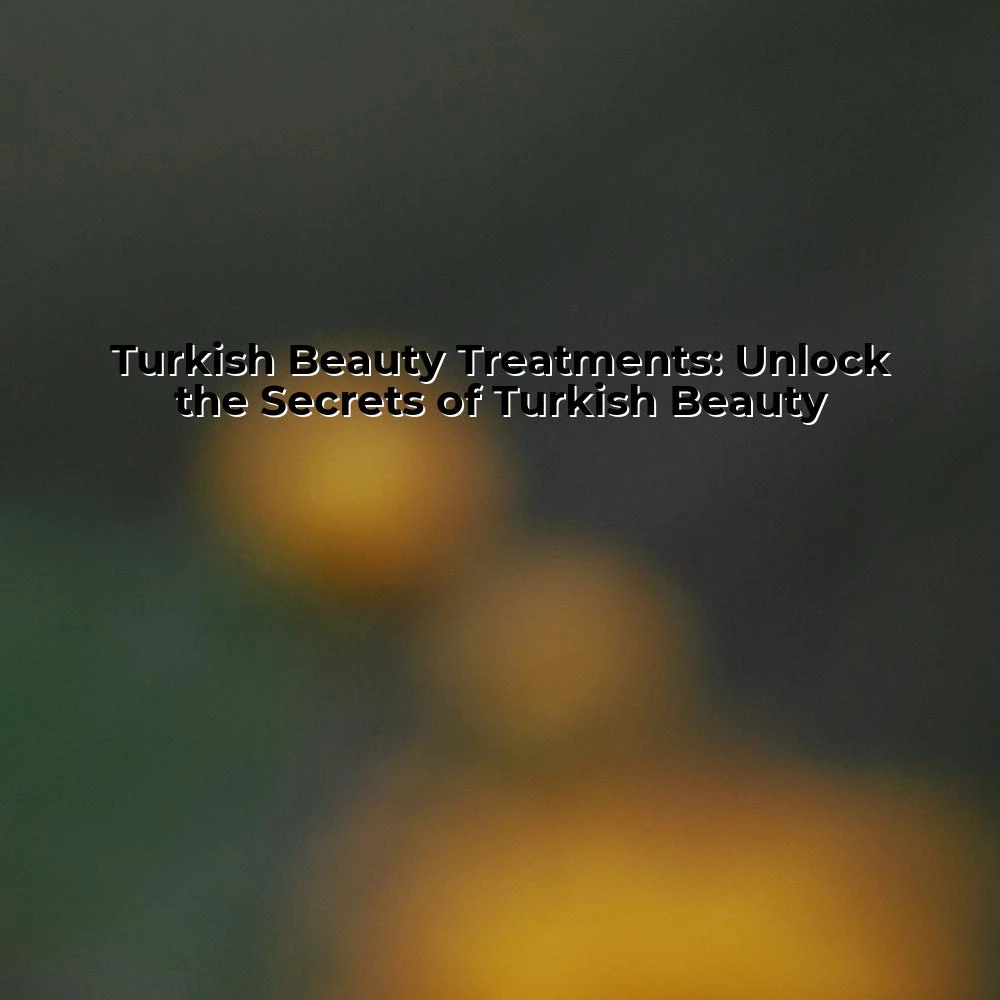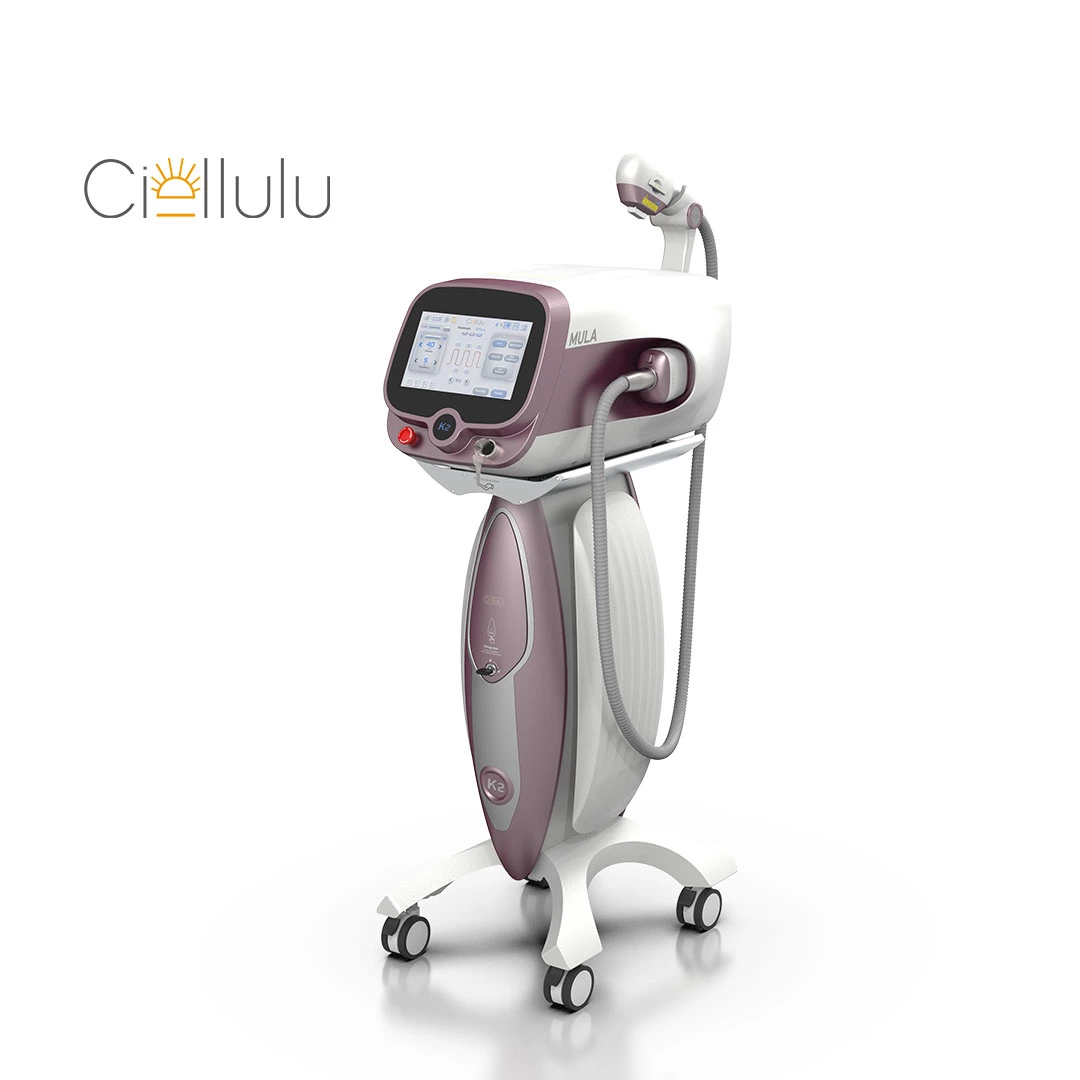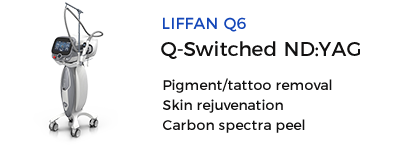Turkish Beauty Treatments
| Visit:86

Turkish Beauty Treatments
As a long-established civilization with a rich and diverse culture, Turkey is renowned not only for its delightful cuisine and magnificent architecture but also for its unique beauty practices. These Turkish beauty treatments have managed to stay relevant and effective over the centuries. They offer a glimpse into the country's deep-rooted traditions around wellbeing, which include methods that emphasize natural ingredients, luxurious rituals, and holistic approaches.
The first Turkish beauty treatment practice to be highlighted is the Turkish bath, or ‘hammam.’ A custom that dates back to the Ottoman Empire, it serves as more than merely an apparatus for bodily cleanliness. The hammam experience embodies a complete body ritual consisting of a sauna, a full body wash, and a massage. Today, you can find authentic hammams not only in Turkey but worldwide, offering stress relief and physical rejuvenation simultaneously. Numerous scientific studies have shown that heat treatments, such as those seen in hammams, potentially help improve skin health by opening up pores and encouraging detoxification.
Another Turkish beauty treatment secret lies in a natural resource abundantly available in the country: clay. For centuries, Turkish women have used clay as a beautifying agent. The method involves applying it as a mask on the face or body, which aids in skin tightening and detoxification.
Turkish people also have a firm faith in the beautifying impact of rosewater, which is often included in many of their beauty rituals. Rosewater has abundant antioxidants, and its anti-inflammatory properties help soothe skin irritations, relieve redness, and balance the skin's pH. Some people also use it as a natural perfume because of its captivating aroma.
Notably, Turkish beauty treatments do not exclude hair care. In this regard, nettle is a popular natural remedy. Turkish women commonly use nettle to strengthen and nourish their hair, considering its mineral richness and positive effects on hair growth and reduction of hair breakage.
Olive oil is another essential component of Turkish beauty treatments. It's widely used in beauty practices for its substantial vitamin E content, which maintains skin elasticity and softness. Turkish women often use olive oil-based soaps in their skincare routine and benefit from its moisturizing effects.
One cannot discuss Turkish beauty treatments without delving into the importance of a good diet. Citrus fruits, such as lemons and oranges, which both grow abundantly in the coastal regions of Turkey, are heavily infused in their diet. These fruits, rich in vitamin C, contribute significantly to good skin, robust immunity, and overall health.
These are just a handful of the many Turkish beauty treatments practiced extensively in the Turkish beauty realm. As a medical professional, you may find it compelling to research more about these practices and their science-backed benefits. Sites like Ciellulu offer a broader perspective on Turkish beauty treatments and their effectiveness.
Integrating these Turkish beauty secrets into one's beauty regime may help reveal radiant skin, healthy hair, and overall wellness. They exemplify that beauty can be achieved via natural, simple, and time-tested methods. As such, they are gifts from Turkey to the world, a testament to its rich culture and commitment to wellbeing. Pioneering the use of natural materials for beauty, the Turkish have mastered the art of using nature's bounty for achieving holistic beauty and health.
In conclusion, Turkish beauty treatments are an optimal blend of culture, tradition, and scientifically endorsed practices. They underscore the importance of natural ingredients and affirm that genuine beauty resonates inwardly and outwardly.
Source: Turkish Beauty Treatments




 Ciellulu Laser - Facial Machine Supplier
Ciellulu Laser - Facial Machine Supplier

